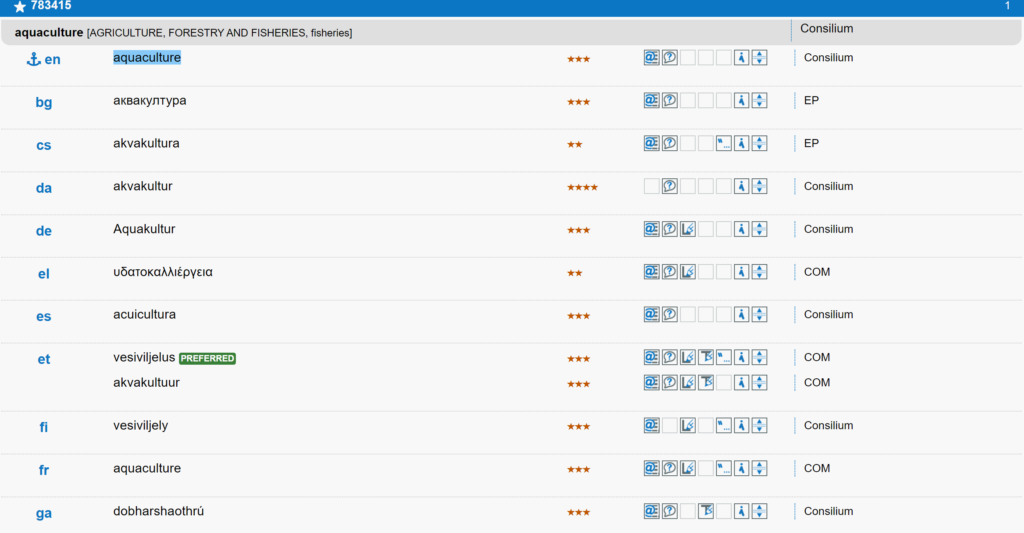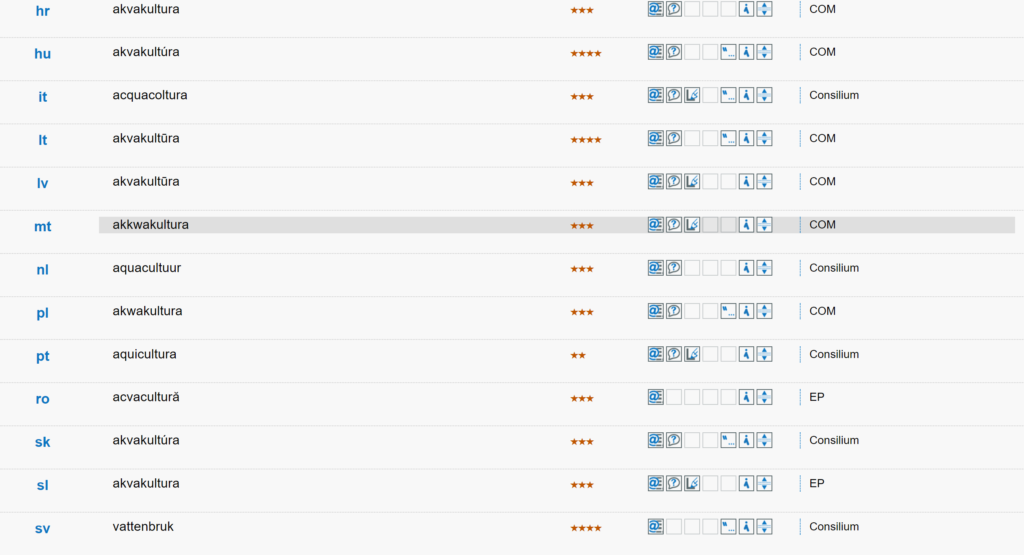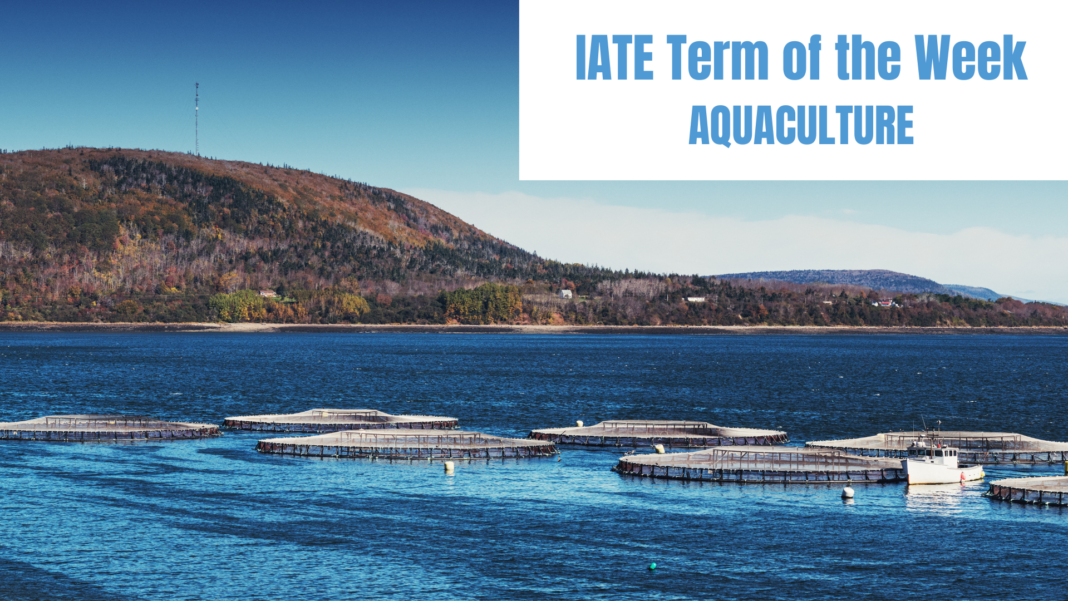Have you ever heard of the term aquaculture? Aquaculture is defined as the harvesting and breeding of fish, algae, shellfish and organisms in general that live in water environments. Since the demand for seafood has rapidly increased over the last years, aquaculture (with the assistance of technology) has been used to produce food, restore the water habitat and rebuild populations of endangered species in the water.


Aquaculture in the EU
The EU aquaculture accounts for about 20% of fish and shellfish supply and employs about 70,000 workers. The sector consists of around 15,000 enterprises in coastal and rural areas.
The EU countries that are mainly engaged into aquaculture-producing are Ireland, Denmark, Bulgaria, Spain, France, Italy and Greece. More than 100 species are farmed through the aquaculture method. However, the EU aquaculture production is concentrated on species such as mussels, salmon, seabass, trout and oysters.
Aquaculture in the EU should be sustainable, a fact that is one of the main objectives of the fisheries policies. Aquaculture must comply with the requirements of the EU legislation and the national legislation of the country it takes place. The ultimate goal is that each procedure must respect both humans, animals and the environment. In fact, aquaculture production is recognized by the European Green Deal as a source of “low carbon” protein for food. In terms of environmental sustainability, the EU aquaculture is mainly related to the monitoring, assessment and limitation of the environmental impact of the aquaculture activities, issues related to the feeding of the species and the usage of veterinary medicine with zero or low impact on the environment.
The European Commission has adopted since 2013 a set of strategic guidelines for the sustainable development of the EU aquaculture, especially with the creation of the EUMOFA initiative. The European Market Observatory for fisheries and aquaculture (EUMOFA) is a market intelligence tool of the European Union that aims to increase market transparency in the sector, analyze the current situation and dynamics in fishery and support policy-making tactics in order to promote the growth for organic aquaculture. The latest EUMOFA report claims that the organic aquaculture production has increased by 60% between 2015 and 2020, while main developments include, among others, the significant increase in organic mussel and oyster production and slight decrease of salmon, trout, carp and seabass production.
In addition, through the strategic guidelines for a more sustainable and competitive EU aquaculture 2021-2030, the Commission’s goal is to develop the aquaculture sector that aims to produce food with low environmental footprint, create various new job opportunities and increase knowledge, innovation and awareness for the sector in general in the future.
References:
What is aquaculture?. 2022. What is aquaculture?. [ONLINE] Available at: https://oceanservice.noaa.gov/facts/aquaculture.html. [Accessed 14 July 2022].
Oceans and fisheries. 2022. Overview of EU aquaculture (fish farming). [ONLINE] Available at: https://oceans-and-fisheries.ec.europa.eu/ocean/blue-economy/aquaculture/overview-eu-aquaculture-fish-farming_en. [Accessed 14 July 2022].
Oceans and fisheries. 2022. EU organic aquaculture production: steep rise for organic shellfish, finfish struggles to keep up. [ONLINE] Available at: https://oceans-and-fisheries.ec.europa.eu/news/eu-organic-aquaculture-production-steep-rise-organic-shellfish-finfish-struggles-keep-2022-05-23_en. [Accessed 14 July 2022].

Written by Ioanna Mavridou
Ioanna holds a Bachelor’s degree in Translation from the Ionian University in Corfu and has also studied her Master’s in Communication at Gothenburg University in Sweden. A digital communications enthusiast, she has completed a professional Social Media & Digital Marketing certification. She speaks Greek, English, Swedish, German and Russian. She is a Communications Trainee at the Terminology Coordination Unit of the European Parliament.

